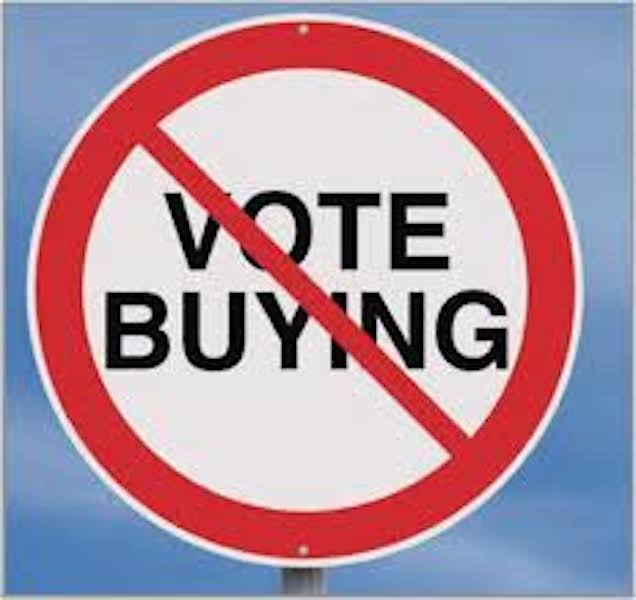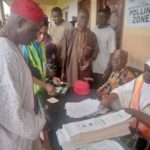Since the return of Nigeria to democracy in 1999, the electoral process has been plagued by the tendency to monetise. Nigeria has been battling with the hard luck of having responsible leaders. In a democracy, politicians are expected to respect the people equally regardless of their status.
In Nigeria, just as in many countries of the world, free and fair elections constitute the central factor in ensuring democratic survival. In Nigeria’s case, money plays an important role in choosing who becomes a leader. Money politics has become a common feature in Africa, arising from poverty, apathy, close competition on party manifestoes, among others.
Vote buying and selling are consistent with the continued materialisation and commercialisation of political parties. Those with lower income status become prey for political parties in vote buying, though the rich are equally not left out of the booty.
The 2022 primaries and off-season gubernatorial elections in Nigeria brought to light the reality of vote buying. Delegates to the primaries of the two major parties were paid thousands of dollars to induce them to vote for one candidate or the other. This was an important factor in the electoral victory of most candidates at the primaries.
Amotekun arrests 2 for stealing batteries in Osun
FEC okays N15.57bn for road construction refunds, other projects
Also, the manipulation of ballots has gradually given way to material or cash incentives and the sales of the Permanent Voter’s Card (PVC) and their accompanying Voter Identification Number (VIN). This could be seen in the 2022 governorship elections in Ekiti and Osun states, where voters were persuaded by party agents with inducement offers ranging from N3,000 and above.
In 2015 and 2019, vote buying was carried out with careless abandon by political parties, and in most cases, with the active participation of electoral officials and security agents. These electoral compromises have led to people losing their lives alongside property.
The Electoral Act stipulates some form of punishment for such electoral malpractice. But is the Independent National Electoral Commission (INEC) willing to prosecute offenders? For example, Section 121 (2) of the Electoral Act, 2022, states that a: “Voter commits an offence of bribery where, before, or during an election, directly or indirectly, by his or herself, or by any other person, on his or her behalf, receives, agrees, or contracts for any money, gift, loan, or valuable consideration, office, place of employment, for himself or herself, or any other person, for voting or agreeing to vote, or for refraining or agreeing to refrain from voting at any such elections.”
Therefore, steps must be taken by the government, in collaboration with Civil Society Organisations (CSOs) in overhauling Nigeria’s electoral system to make it more difficult for monetary influences and other malpractices. Any meaningful attempt to stem electoral fraud in Nigeria must consider the wide gap between the poor and the rich. There is no doubt that poverty has impacted negatively on the electoral behaviour in Nigeria, as it encourages buying and selling of votes by the electorate, aside other malpractices.
Fatima Dauda Salihu is a student of Mass Communicatioon, Bayero University, Kano (BUK).

 Join Daily Trust WhatsApp Community For Quick Access To News and Happenings Around You.
Join Daily Trust WhatsApp Community For Quick Access To News and Happenings Around You.


